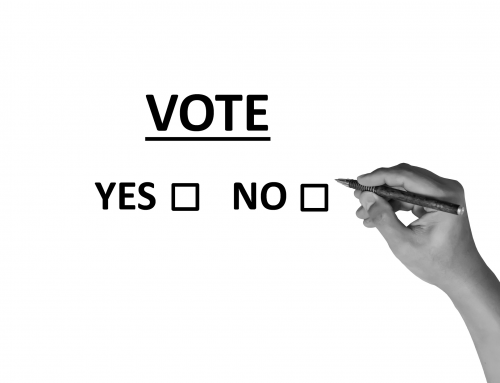Let’s say someone is arrested in the SCV and taken to the Santa Clarita Sheriff Station. They go through booking and processing, bail is set, and the defendant is bailed out by a friend. In the vast majority of cases, the defendant will show up for court, the bond will be exonerated and everyone will go there separate ways. Sometimes, though, the defendant will not show up for court. In cases where their absence was simply a mistake, it can often be worked out by immediately contacting the bail bondsman (or their lawyer). If the defendant skipped their court date intentionally, they will then be a fugitive from the law.
Bailing someone out of jail is a pretty big financial responsibility for the bail bondsman, and when someone doesn’t show up for court, the bondsman is liable. That being the case, in order to avoid having to pay a large amount of money to the court, a bail enforcement agent (bounty hunter) is often used to locate the fugitive. Why a bounty hunter? Simple. Once a defendant fails to show up for court, a warrant for their arrest is issued. The police will certainly be on the lookout for the individual, but they have a lot of responsibilities. A bounty hunter, though, has much more time to invest in locating someone because they aren’t also responsible for policing the community.
Once the bail enforcement agents locate the fugitive, and they almost always do, they have the power to arrest him or her and bring the individual in. Once someone has skipped bail, they will likely have their right to bail revoked for the crime(s) they’re being charged with, and may likely face the same situation should they be arrested at some point in the future.






